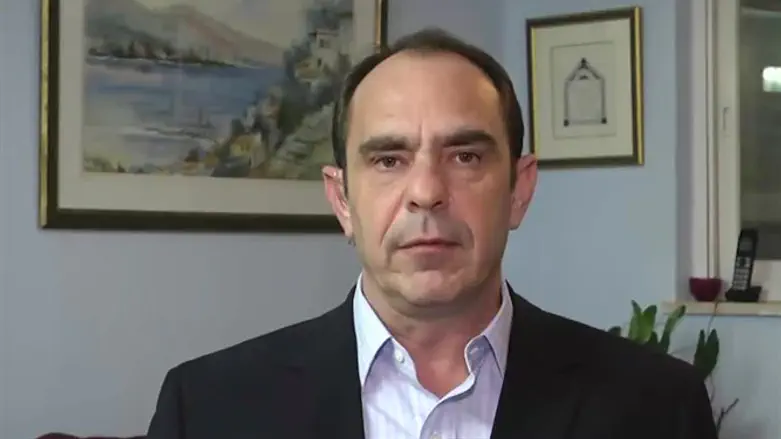
Lt. Col. (res.) Morris Hirsch, who until last year headed the military prosecution in Judea and Samaria, told Arutz Sheva on Thursday that the bill to impose death penalty on terrorists is superfluous.
"I do not understand this law. Already today the political echelon is authorized to instruct the military prosecution to ask for the death penalty," Hirsch noted, adding that after the enactment of the law, it will not be possible to demand the death penalty without a directive from the political echelon.
"Today, not only is there no directive from the political echelon to demand the death penalty, the military prosecution is instructed not to even hint at the death penalty,” he said.
"The military prosecution is independent, but the death penalty is a special punishment for which the political echelon makes the decision."
At the time of the kidnapping of the three youths in Gush Etzion, Attorney Hirsch, who was head of the military prosecution, began formulating his recommendation to impose the death penalty on those terrorists.
"I drafted a decision to impose the death penalty subject to the approval of the political echelon, but in the end it did not materialize because the terrorists objected to their arrest and were eliminated. If I were still in office today, I might have recommended the death penalty to the terrorist who murdered the Salomon family. It was a shocking massacre and an act of resistance to the Israeli government's response to the attack on the Temple Mount. Clearly, the possibility of asking the political echelon for the death penalty still exists today," he said, adding that it appears that those who proposed the new legislation are not familiar with the material.
"I can assume that the political echelon simply did not understand the situation that exists in the law, because the new law will not change anything. Beyond that I have criticism of several provisions of this law, such as the reliance on the death penalty based on the ruling of the majority among the judges. In my opinion, it would be more correct that the death penalty, which is an exceptional punishment, is accepted by unanimous decision. Also the clause that states that lighter punishment cannot be sought is contrary to the Geneva Convention, according to which it is not possible to impose the death penalty without asking for a lighter sentence," concluded Hirsch.
The law imposing death penalty on terrorists, proposed by the Yisrael Beytenu party, was approved in a preliminary reading on Wednesday by a majority of 52 to 49.
If it passes its second and third readings, the law will allow army courts to sentence terrorists found guilty of murder to death with only a simple majority. Under current law, the death penalty may only be imposed by unanimous decision.